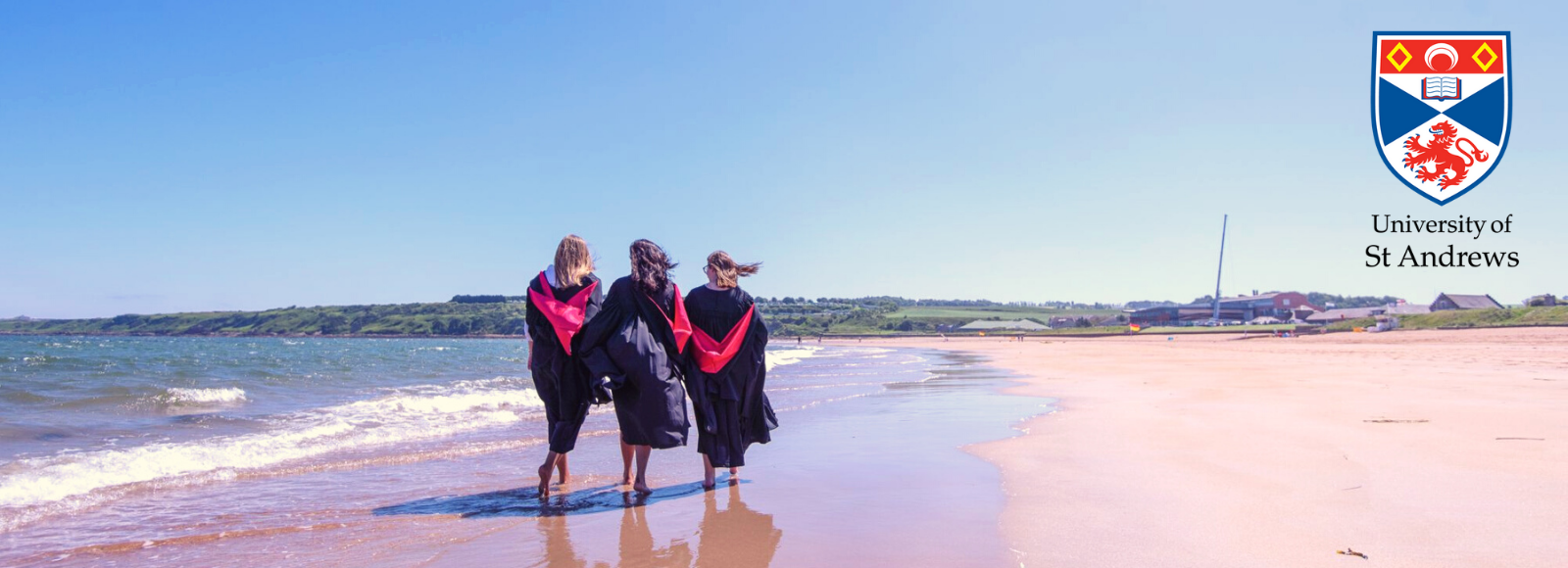Masters Degree Description
The MLitt in Iranian Studies is an online taught programme run by the School of History.
The course introduces you to major themes, concepts and approaches including aspects of methodology and historiography. You will explore questions of nationalism, religion and society, as well as an Iran’s place in the region and the broader international community.
Highlights
- Gain access to a unique range of expertise on Iran from Late Antiquity to the modern era.
- Benefit from the rich research environment of the Institute for Iranian Studies and with staff located in other Schools including Art History, Classics, and Modern Languages.
- Access the University’s extensive digital collection of ebooks, journals, and electronic databases. The University library is also home to a distinctive collection of more than 6,000 Persian books.
Entry Requirements
- An 2.1 Honours undergraduate degree in History or a subject-related area. Students do not need knowledge of the Persian language for admission. If you studied your first degree outside the UK, see the international entry requirements.
- A 2.1 Honours degree in any other discipline; successful applicants from other disciplines will likely receive a conditional offer should they be unable to provide evidence of relevant professional experience or prior knowledge.
- Significant professional or other relevant experience alongside evidence of prior alternative learning such as professional qualifications or certifications.
The qualifications listed are indicative minimum requirements for entry. Some academic Schools will ask applicants to achieve significantly higher marks than the minimum. Obtaining the listed entry requirements will not guarantee you a place, as the University considers all aspects of every application including, where applicable, the writing sample, personal statement, and supporting documents.
Application requirements
- CV that includes your personal details with a history of your education and employment to date
- a personal statement
- a sample of your own, single-authored academic written work (2,000 words)
- two original signed references
- academic transcripts and degree certificates
Fees
For fees and funding options, please visit website to find out more
Student Destinations
History postgraduates go on to pursue careers in a range of sectors including:
- journalism
- publishing
- think tanks
- government
- law
- teaching
The Careers Centre offers one-to-one advice to all students as well as a programme of events to assist students in building their employability skills.
Module Details
Compulsory
Students take the following compulsory modules.
- Themes in Iranian History: introduces themes and debates in Iranian history. The module looks at a variety of theoretical and disciplinary approaches as well as exploring questions of nationalism, statehood, religion and identity.
- Directed Reading in Iranian History (1 and 2): two modules which encourage the development of skills of historical analysis through concentrated study of a topic chosen by the student in consultation with a supervisor.
Optional
Students take two of the following modules:
- Medieval Iran from the Sasanians to the Safavids: looks at the changing nature of Iran from the perspective of its politics, religion and culture in the period circa 200-1600.
- Iran and the World since 1921: looks at the development of the modern Iranian state from its inception under Reza Khan in the 1920s to the present day.
- Special Topic in Iranian Studies: allows students to explore topics in greater depth and discuss topics of interest beyond the core modules of the programme.
- Persian Language and Culture: enables students to familiarise themselves with the Persian language and culture, using the latest resources for online teaching.
- Persian language at the appropriate level.
Optional modules are subject to change each year and require a minimum number of participants to be offered; some may only allow limited numbers of students (see the University’s position on curriculum development).
Dissertation
In the final part of the programme students undertake a dissertation.
Student dissertations will be supervised by members of the teaching staff who will advise on the choice of subject and provide guidance throughout the research process. The completed dissertation of not more than 15,000 words must be submitted by a date specified in August.
If students choose not to complete the dissertation requirement for the MLitt, there is an exit award available that allows suitably qualified candidates to receive a postgraduate diploma (PGDip). By choosing an exit award, you will finish your degree prior to completing the dissertation component of the course and receive a PGDip instead of an MLitt.
Learn more about University of St Andrews

Scotland’s first university, an experience like no other
Masters programmes to help you find your future.
Are you looking to earn an outstanding pos...
